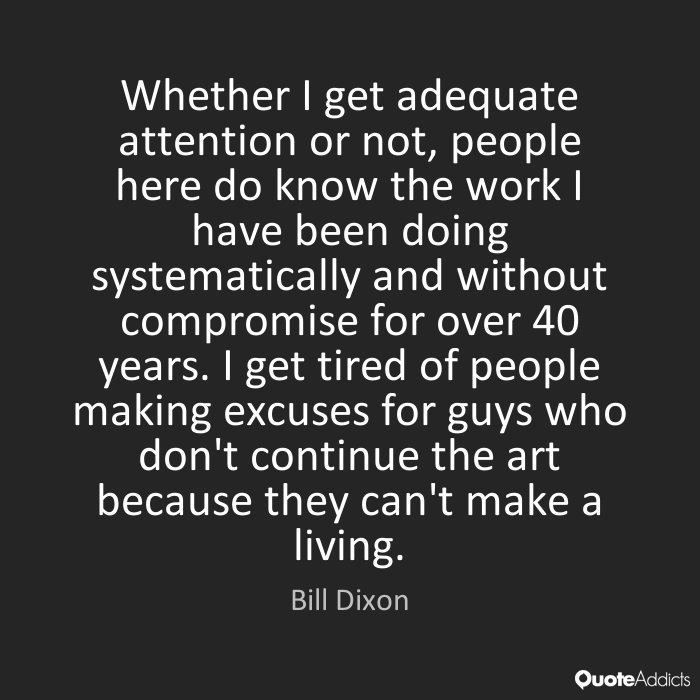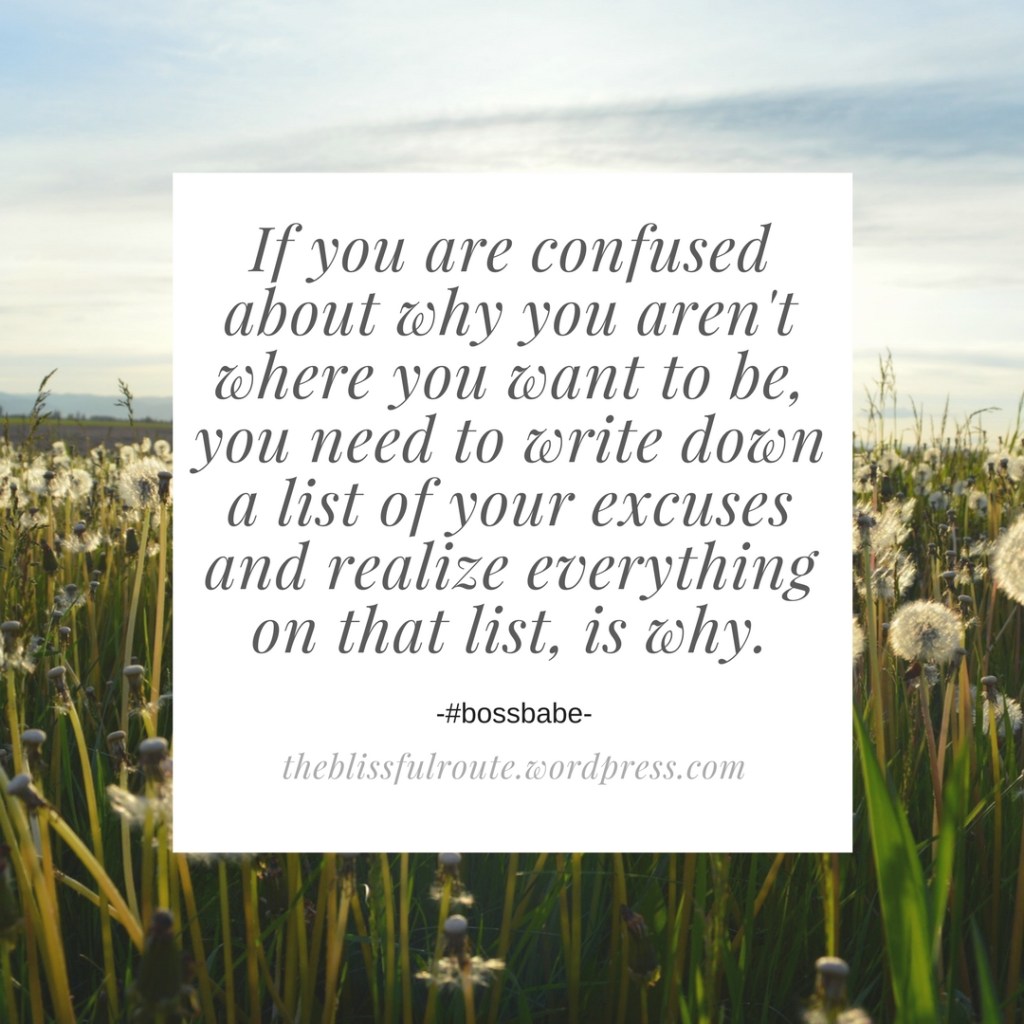An assertion from someone who doesn’t want to attend an event or meeting can stem from various reasons, ranging from personal commitments to professional obligations. Understanding the rationale behind such assertions is crucial for maintaining effective communication and ensuring a smooth flow of operations.
This comprehensive guide delves into the reasons for absence, alternative arrangements, communication plans, return dates, and contact information, providing a clear framework for handling such situations.
Reason for Absence: Assertion From Someone Who Doesn’t Want To Attend

The absence is due to a medical condition that requires immediate attention. The condition is expected to take several weeks to recover from.
Alternative Arrangements

During the absence, all tasks and responsibilities will be delegated to a colleague, [Name of Colleague]. [Name of Colleague] will be kept informed of any updates or changes through daily email updates and weekly video conferencing calls.
Communication Plan
The person will be available for communication via email and phone during the absence. Emails will be checked and responded to daily. Phone calls will be returned within 24 hours.
Return Date

The expected return date is [Date]. However, this may be subject to change depending on the progress of the recovery.
Contact Information

The person can be contacted via email at [Email Address] or phone at [Phone Number].
Essential FAQs
What are the most common reasons for absence?
Medical conditions, family emergencies, and work obligations are among the most common reasons for absence.
How should alternative arrangements be communicated?
Alternative arrangements should be clearly communicated to all relevant parties, including colleagues, supervisors, and clients.
What is the best way to stay in touch with someone who is absent?
Regular communication via email, phone calls, or video conferencing is recommended to keep the absent individual informed and connected.